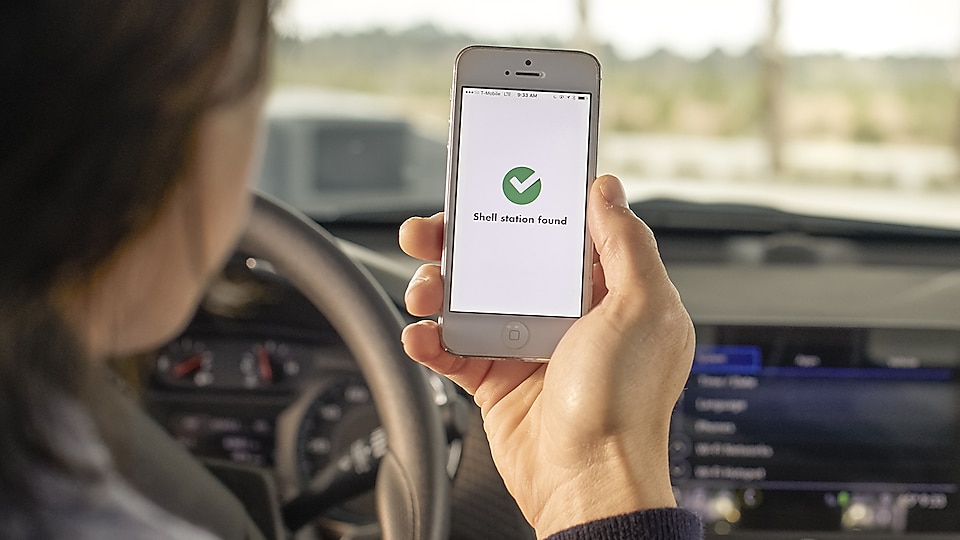10 Years of Shell Eco-Marathon Americas
This year Shell celebrated its 10th season of Shell Eco-marathon Americas® in Detroit.
Marking its 10th season in the Americas, Shell Eco-marathon returned to the Motor City capital of the world, Detroit, Michigan, for a second year to host more than 1,000 high school and university students in a mileage competition to see whose car could travel the farthest distance on the least amount of energy.
The winner?
None other than six-time champion, Université Laval from Quebec, Canada, with an impressive 2,585 mpg, although still short of the school and the Americas’ record of 3,587 mpg, set in 2013.
While other Canadian teams took home first place honors of their own in various categories, including Queen’s University and the University of Alberta, other countries made their first appearance, including Inter-American University of Puerto Rico and Ecuador’s Universidad del Azuay. Students from Mexico, Guatemala and Brazil also competed, taking home additional awards, including Brazilian team, Universidade Federal de Itajuba, which took home the Communications Award.
Throughout the three-day event that took place from April 22-24, 2016, teams overcame numerous mechanical and electrical challenges, collaborated with other schools to share tools, ideas, and even engineers, and found inspiration in the future of mobility from sponsors such as Hewlett Packard, Fiat Chrysler Automobiles, the Linde Group, Southwest Research Institute, Michelin Tires and Team Penske.
The unveiling of the new Shell concept city car, along with the announcement of the first Drivers’ World Championship for UrbanConcept vehicles, that was held on July 3, 2016 in London, brought greater purpose and motivation to the students’ efforts.
Finally, six schools were recognized for competing in every Shell Eco-marathon Americas for the last 10 competitions, including California Polytechnic State University, Cedarville University, Rose-Hulman Institute of Technology, the University of California, Los Angeles, Mater Dei High School and Grand Rapids High School.
By far, the greatest achievement at this year’s event was the record number of teams that participated – a total of 124 teams from seven countries across the Americas – indicating the significant growth in interest from future scientists and engineers to push the boundaries of fuel efficiency and imagine a cleaner, brighter energy future for today’s and tomorrow’s mobility challenges.
Featured content
Gas Station Near Me
Make the most of your stop. Plan your route and find a Shell gas station close to your location.
The Fuel Rewards® Program
Get rewarded at Shell with Instant Gold Status, and save at least 5¢/gal on every fill, every day.

